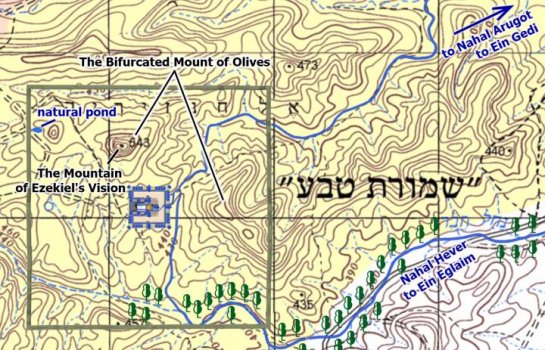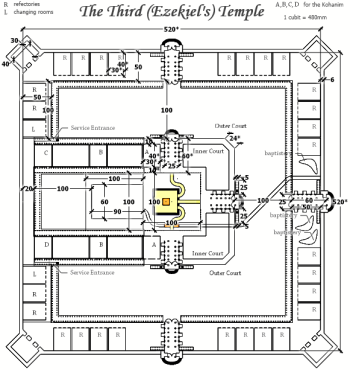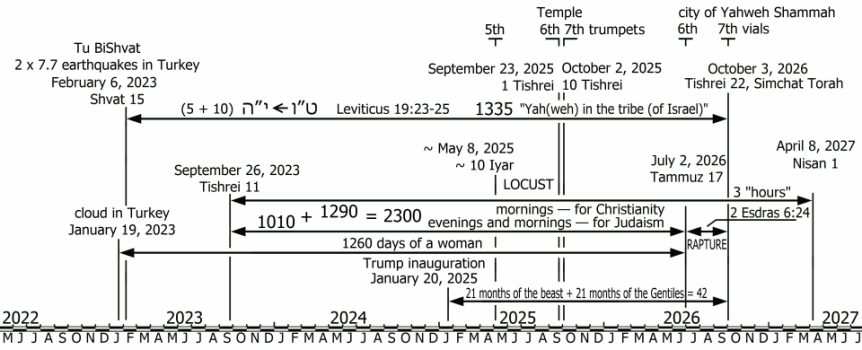The Greek New Testament uses two different words for (a) the Jerusalem temple structure (hieron); and (b) the sanctuary of God (naos).
Hierón: The entire temple complex in Jerusalem (always in Jerusalem).
It includes the naós (the sanctuary of God) because it enclosed/housed the naos.
Naós: The Sanctuary: Once in the New Testament it's referring to shrines for the goddess Diana (Acts 19:24). In every other verse the word is used, it's referring to the sanctuary of God.
Jesus was not a priest in terms of Moses' law and hence in accordance with Moses' law was not allowed into the naós (the holy place, where only the priests were allowed). So it makes sense that without exception, whenever you read of Jesus entering the temple in Jerusalem, the Greek word employed for "temple", is hierón.
Temple complex (word used: hierón)
Matthew 4:5; Matthew 12:5-6; Matthew 21:12; Matthew 21:14-15; Matthew 21:23; Matthew 24:1; Matthew 26:55; Mark 11:11 & 15-16; Mark 11:27; Mark 12:35; Mark 13:1 & 3; Mark 14:49; Luke 2:27, 37 & 46; Luke 4:9; Luke 18:10; Luke 19:45 & 47; Luke 20:1 & 5; Luke 21:37-38; Luke 22:52-53; John 2:14-15; John 5:14; John 7:14 & 28; John 8:2, 20 & 59; John 10:23; John 11:56; John 18:20.
-- The veil torn --
Temple complex (word used: hierón)
Luke 24:53; Acts 2:46; Acts 3:1-3, 8 & 10; Acts 4:1; Acts 5:20-21 & 24-25; Acts 5:42; Acts 21:26-30; Acts 22:17; Acts 24:6, 12 & 18; Acts 25:8; Acts 26:21; 1 Corinthians 9:13.
The actual sanctuary of God (word used: naós)
-- in the temple complex --
Luke 1:9 & 21-22; Matthew 23:16-17 & 21; Matthew 23:35; Matthew 27:5.
-- Body of Christ --
(John 2:19 & 21; Matthew 26:61; Matthew 27:40; Mark 14:58; Mark 15:29)
-- The veil in the naós torn -- *
(Matthew 27:51; Mark 15:38; Luke 23:45.)
After the verses talking about the tearing of the veil in the temple, the first time the word naos is used again, is in Acts:
Acts 7:48a: But, the Most High does not dwell in temples (Greek: naos) made with hands.
Acts 17:24: The God who made the world and all things in it, since He is Lord of Heaven and earth, does not dwell in temples (Greek naos) made with hands.
--
the church & the temple in heaven (word used always naós) --
1 Corinthians 3:16-17 & 1 Corinthians 6:19; 2 Corinthians 6:16; Ephesians 2:21; 2 Thessalonians 2:4; Revelation 3:12; Revelation 7:15; Revelation 11:1-2; Revelation 11:19; Revelation 14:15 & Revelation 14:17; Revelation 15:5-6 & Revelation 15:8; Revelation 16:1 & Revelation 16:17; Revelation 21:22
* When Paul wrote his letters to the churches at Corinth, Ephesus and Thessaloniki,
he used the word hierón in reference to the temple in Jerusalem, which at the time of Paul's writing, was still standing (1 Corinthians 9:13).
* When speaking about the bodies of individual Christians, and the congregations of Christians as the tabernacle (temple) of God,
Paul consistently used the word naós (1 Corinthians 3:16-17 & 1 Corinthians 6:19; 2 Corinthians 6:16; and Ephesians 2:21-22):
* When writing about the man of sin seating himself up in the sanctuary of God (2 Thessalonians 2:4), Paul used the word
naós.
"Let not anyone deceive you by any means. For the Day of Christ shall not come unless there first comes
the apostasy, and the man of sin shall be revealed, the son of perdition, who opposes and exalts himself above all that is called God, or that is worshiped, so that he sits as God in the temple [naós] of God, setting himself forth, that he is God." -- 2 Thessalonians 2:3-4.
"And what agreement does a temple [naós] of God have with idols?
For you are the temple [naós] of the living God, as God has said, "I will dwell in them and walk among them; and I will be their God, and they shall be My people." -- 2 Corinthians 6:16.
"Do you not know that you are a temple [naós] of God, and that the Spirit of God dwells in you?
If anyone defiles the temple [naós] of God, God shall destroy him. For the temple of God is holy, which you are." -- 1 Corinthians 3:16-17.
"Let not anyone deceive you by any means. For the Day of Christ shall not come unless there first comes
the apostasy, and the man of sin shall be revealed, the son of perdition, who opposes and exalts himself above all that is called God, or that is worshiped, so that he sits as God in the temple [naós] of God, setting himself forth, that he is God." -- 2 Thessalonians 2:3-4.
This thread shows that there is already an apostasy from this:
"The God who made the world and all things in it, since He is Lord of Heaven and earth, does not dwell in temple sanctuaries [naós] made with (human) hands." (Acts 17:24).
"God is spirit, and the people who worship him must worship in spirit and truth." (Jesus the Messiah, John 4:24).
Among Christians there are those who
claim to believe in the authority of biblical scripture over the authority of man when it comes to the doctrine and theology of the church, but when it comes to the push, context and the
actual meanings of the words used in a particular context mean nothing to them whenever
man-made theology or
eschatology based on
faulty interpretations of scripture (which they have been believing) must be adhered to, rather than scripture.
Only if our appreciation of biblical scripture and its authority is
complete will we ensure that our interpretation of scripture remains true, both to the context of a passage or verse, and
the meaning of the words used
in that context.
Jesus taught us that His words will only be heard by those who have ears to hear.
T he importance of adhering to the meaning of words in the Bible in respect of to whom or to what the scripture is applying those words...

god-of-the-living.blogspot.com




